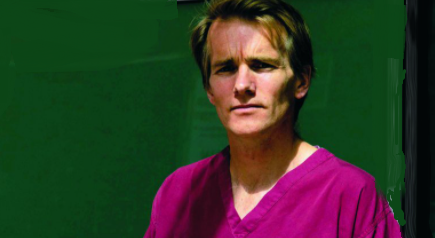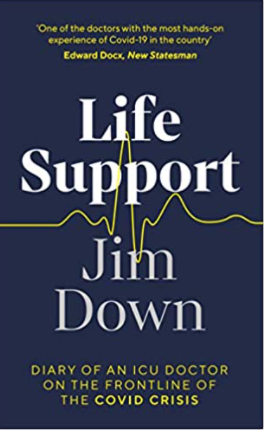
Life supporting real story


During pandemic doctors and nurses have been applauded as saviors by the grateful public, even though they have been flying blind lacking the knowledge or resources to tackle Covid-19.
Jim Down, a critical care consultant at University College London Hospitals, tells the story of one intensive care team struggling to fend off the first wave, as in the peak of early 2020, 85 patients were in the unit.
Clinicians are expected to not just monitor vital signs but create systems of work, devise kits, draw up timetables, navigate ethics, and console families.
Down explain the subject of Nightingale hospitals, hastily set up by the UK government to prevent the NHS from being overwhelmed, but which end up being barely used. The layout of Nightingales where theoretically enabled one consultant to oversee 42 patients, instead of the usual 15 or fewer.
Downs explains that evidence-based medicine is hard in intensive care, where “there is so little evidence that is overwhelming, treating each patient costs £1, 800 per day”.
He reckons with the pandemic’s effect on his exhausted team, their patients, and the relatives of the deceased.
He tells the extraordinary month-by-month story of how as the nation came to a standstill, he and his colleagues donned PPE, received an unprecedented influx of patients, transformed their hospital, and took on the biggest challenge in the history of the NHS. The pandemic raised a difficult question for Jim: HH How do you fight a new disease? How do you go home at night to your wife and young children when you’ve spent all day around highly infectious patients? How do you tell a mother that her healthy son has died only days after falling ill? The book highlights with warmth, honesty, and humour the gripping moving testament to the everyday heroism of the NHS staff in a global crisis
Life Support: Diary of an ICU Doctor on the Frontline of the Covid Crisis by Jim Down, Viking, £14.99, 216 pages.
